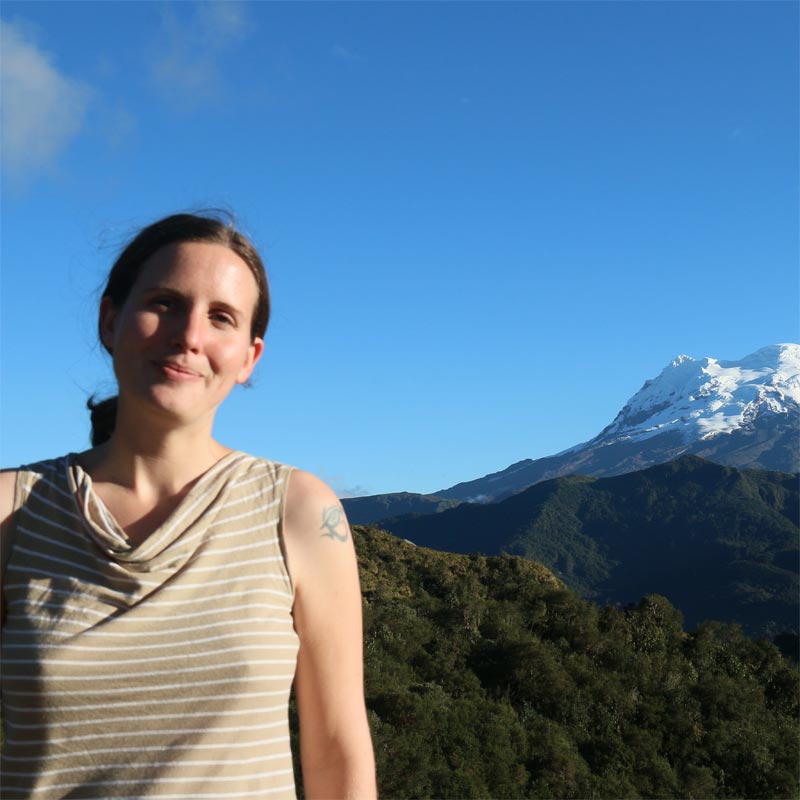THE KICHWA LANGUAGE
official language in many Latin American countries

ASTRID
Today, as many people celebrate the “Indigenous Peoples Day” we want to give you an insight a language spoken in the Amazon of Ecuador: The language of the Kichwa. The indigenous people of this culture, who originally are from the highlands, have lived for centuries in the Amazon. They mostly live at the Napo River.
Languages in pre-Inca times
Before the Incas conquered Ecuador, many different languages were spoken, but Kichwa was already an important commerce language. After the Inca’s conquest, Kichwa became the main language of Ecuador’s highlands. As above mentioned, the Kichwas of the jungle originally came from the highlands and they speak this same language, though in their own dialect.
The Kichwa language today
KICHWA – official language in many Latin American countries. In the Ecuadorian Amazon there are about 60,000 Kichwa speakers today, some of the older people do not even speak any Spanish. People of the younger generations are often bilingual, whereas some children do not speak Kichwa anymore. Several efforts are being made, also in the highlands, to preserve ancestral languages. The unification of the Kichwa language and the creation of their own form of writing was an important step.
Before, the language for many centuries was written in the form that the Christian missionaries thought it should be written – Kichwa per se was an oral language, no written forms existed. Now, the Spanish letters have been replaced, and the written form is closer to its phonetic realization.
The Kichwa alphabet contains the following consonants:
Ch, k, h, l, ll, m, n, ñ, p, r, s, sh, t, ts, y
There are only three vowels: a, i and u.
HERE ARE SOME KICHWA WORDS:
sacha – jungle
yaku – water, river
pishku – bird
kawsana – live
yachana – know, learn
chakra – the traditional field where they grow their crops
jatun – big
ichilla – small
warmi – woman
kari – man
wasi – house
mikuna – eat
ñuka – I
kan – you
rina – go
wayra – wind
alli – good
shuk – ishkay – kimsa – chusku – pichka – 1-2-3-4-5
SOME PHRASES:
alli punsha – Good morning
ashka pakrachu – Thank you very much
shuk punshakama – Goodbye
sachama purinkichik – You are going into the forest
rukukuna achka shimita yachan – The elders know many words
wawakuna achka mikun – The children eat a lot
alli makiwa sawlita hapini – I take the machete with my right hand
visit our other channels
Recent Posts
- From Manglaralto to Pacoche and surroundings April 18, 2024
- Excursions within the rainforest region of Ecuador April 5, 2024
- Ecuador in a state of emergency?! My personal experience March 22, 2024
- The 10 most beautiful lakes and lagoons in Ecuador – Part 2 March 12, 2024
- The 10 most beautiful lakes and lagoons in Ecuador – Part 1 February 23, 2024